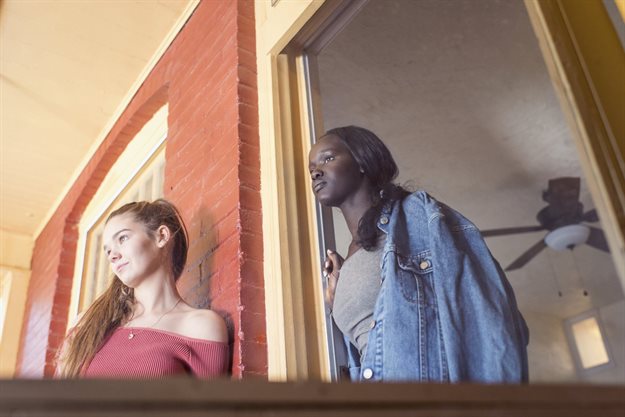It's Youth Month, when SA focuses on the 38% of the population aged between 18 and 35. But there are two distinct generations of consumers represented within that cohort, and they have very different ideas about real estate.

Image source: Gallo/Getty
Generation-Z, born between 1995 and about 2010, are the world’s “digital natives” who have been exposed to the internet, social networks and streaming media their whole lives, and they are proving to be very different from the millennials born between 1980 and 1994 – especially when it comes to their views on real estate.
A Bank of America survey earlier this year indicated that more than 50% of 18 to 24-year-olds were already saving to purchase their first home and that 59% were actually planning to do so within five years.
The survey also found that to achieve this dream, these young adults are not only prepared to give up big weddings, shopping expeditions and travel, but also prepared to spend less on tertiary education, take on a second job and move back in (or continue to live) with their parents so they can save a substantial deposit.
'Generation Rent'
This makes them very different from the millennials who currently make up a large percentage of the population but are also known as “Generation Rent” because of their well-known reluctance – or inability - to commit to home ownership until they have had enough of travelling and/or paid off a mountain of student debt.
Our statistics show that due to this millennial drag, the average age of first-time buyers in SA has risen from 24 to 36 over the past 20 years, but we believe this figure could tumble now if the local members of Gen-Z follow their counterparts elsewhere in the world – which it is highly likely that they will do because of the increasing globalisation of trends via social media.
And this could provide significant impetus to the economy and further boost consumer confidence as the country settles down to President Cyril Ramaphosa’s first five-year term in office. As it is, offers to purchase and home loan applications have shown a significant year-on-year increase in the second quarter and especially following the national and provincial elections.
Individualistic, entrepreneurial generation
One of the reasons that Gen-Z is showing significantly different consumption patterns is that its members are more individualistic and entrepreneurial than earlier generations and thus more likely to start their own businesses after leaving school.
They are also more willing to self-educate through short courses and online learning and are developing a preference for owning property in rural or suburban areas (unlike the urbanite millennials) which has caused them to also be referred to as the ‘Homestead Generation’. Many of them work remotely, so they can happily settle anywhere that has a good internet connection, and they tend to be very eco-conscious, with a penchant for growing their own food and making their own products while promoting sustainability though recycling, re-using and reducing.
However, to achieve their dreams of property ownership before 30, prospective Gen-Z buyers should engage with a reputable bond originator and secure pre-qualification for a home loan before going house-hunting. Taking this step will give them a clear idea of their buying power and enable them to focus their home search on properties they can afford, taking into account the additional costs of purchase including transfer duty, legal fees, bond registration and insurance, and additional ongoing costs of ownership including maintenance, property tax and local authority service charges.
Bond originators also use a multi-lender submission process for home loan applications which ensures that prospective borrowers obtain the best possible interest rate applicable to their financial circumstances. This is important because even a relatively small rate concession can result in a significant reduction in the total cost of the property over the lifetime of the bond.
Currently, the average variation between the best and worst rates offered on each home loan application we submit is 0.5%, and on a 20-year bond of R1.5m, that translates into a potential saving of more than R120,000 in interest, plus a total of about R6,000 a year off the monthly bond instalments.

















































